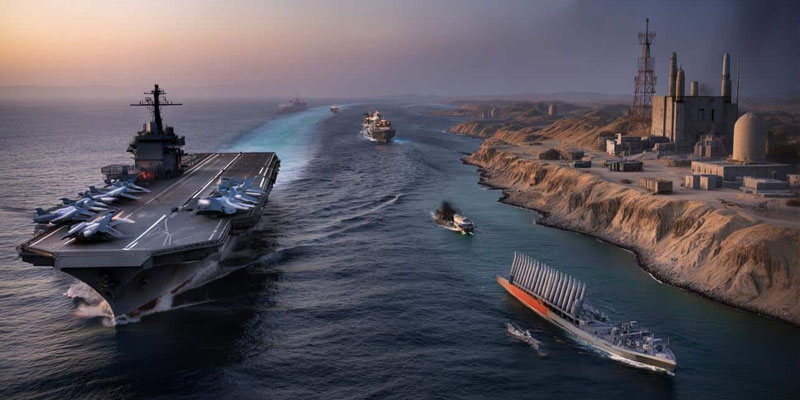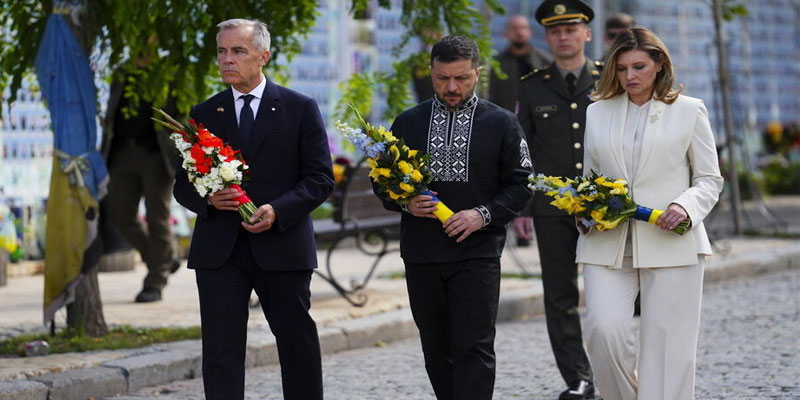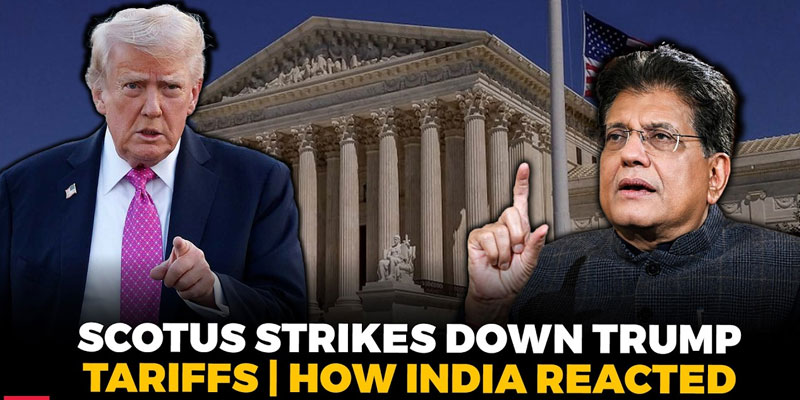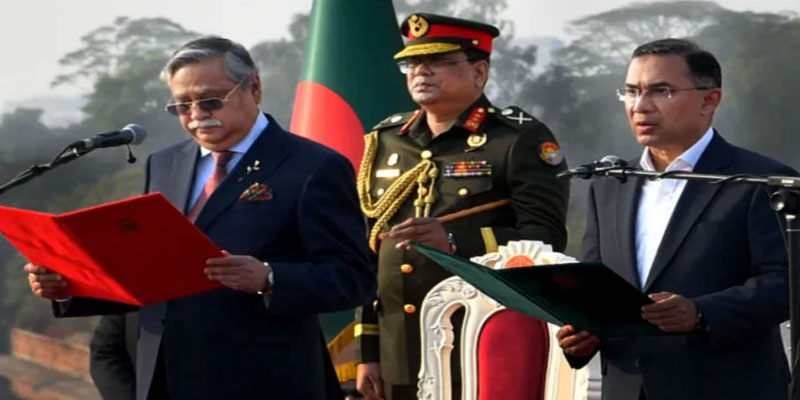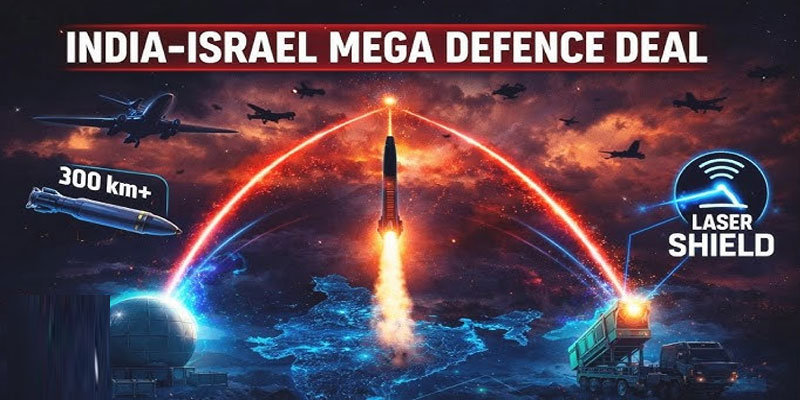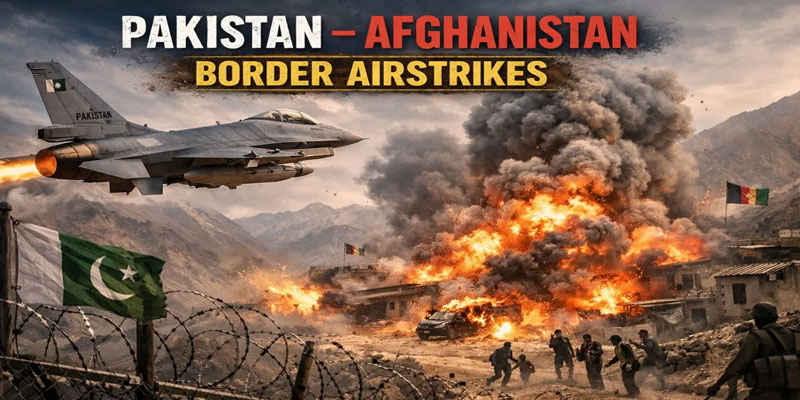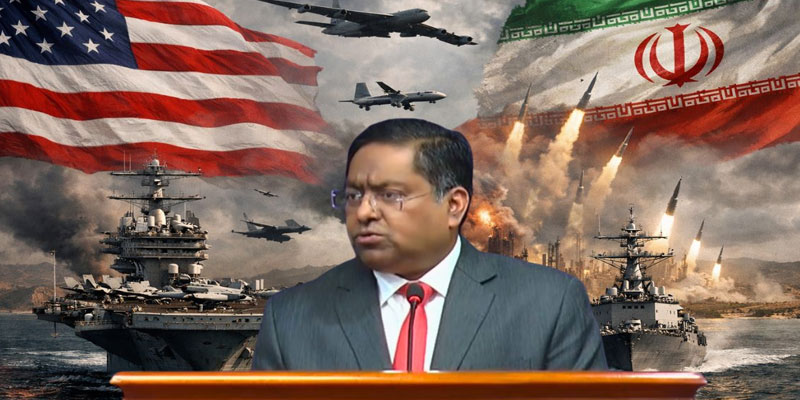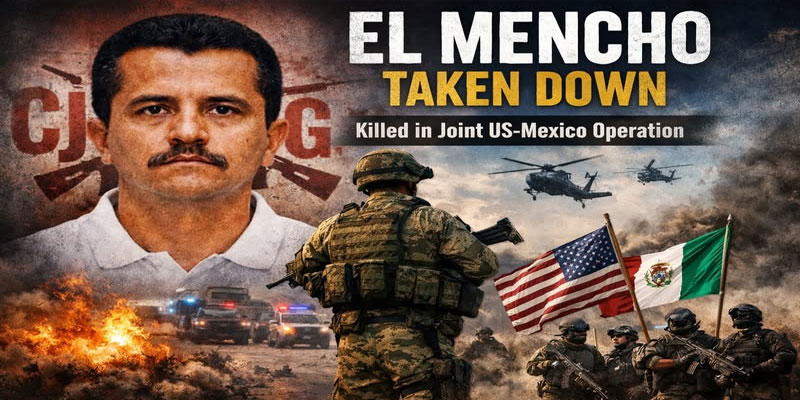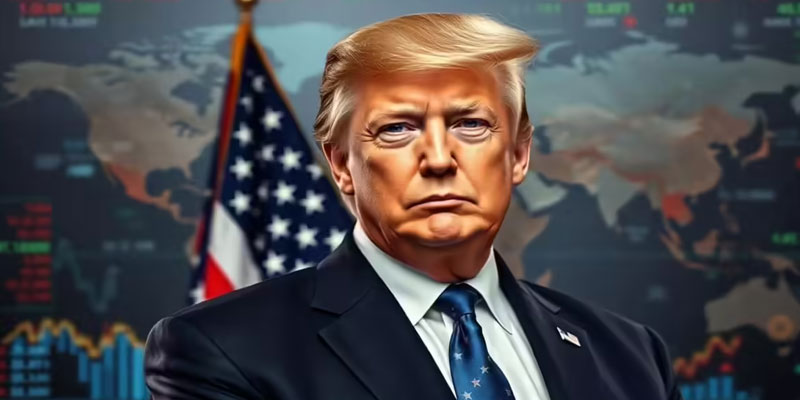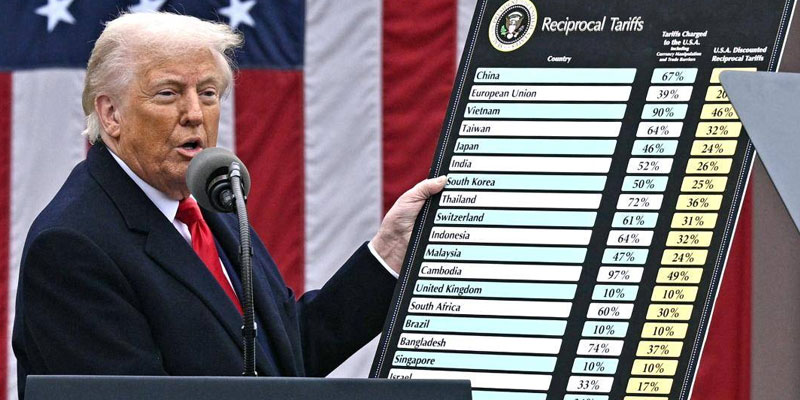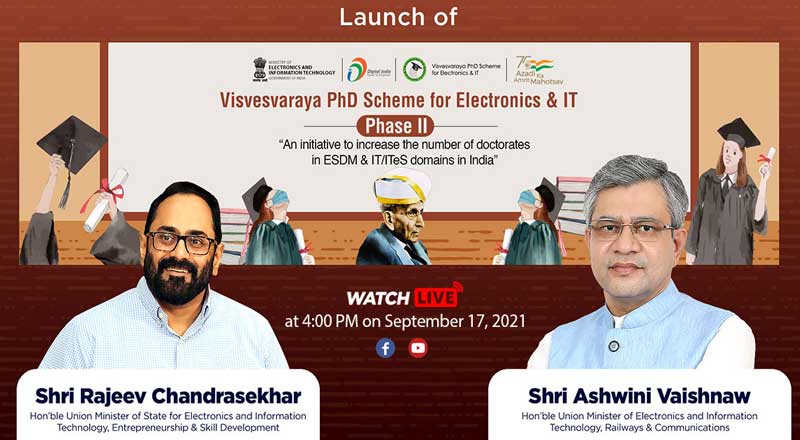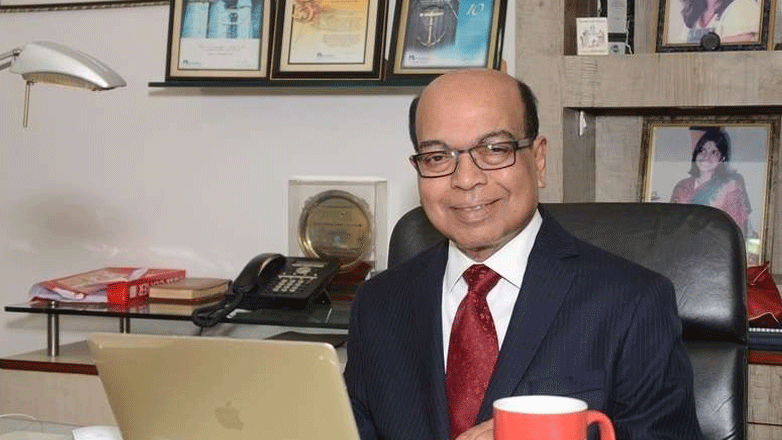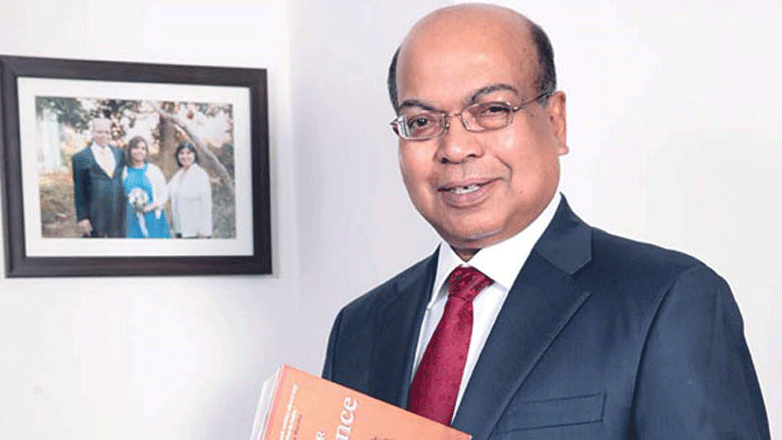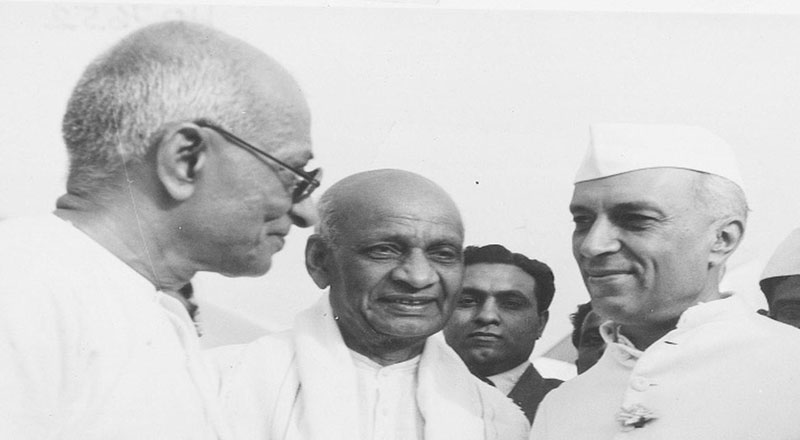Tharoor Mocks Pakistan Army Chief’s Trump Lunch, Cites Bin Laden, Terror Ties
Congress MP and former UN diplomat Shashi Tharoor has lashed out at the recent meeting between Pakistan’s Army Chief, Field Marshal Asim Munir, and US President Donald Trump, mocking the optics of the lunch and questioning the substance behind it. The meeting, which reportedly covered issues ranging from India-Pakistan ties to broader geopolitical conflicts like the Iran-Israel war, drew pointed criticism from Tharoor, who labeled it symbolic and lacking accountability.
“According to the White House, this general said President Trump should get a Nobel Peace Prize—and then he was rewarded with a lunch,” Tharoor said wryly during a press conference in Thiruvananthapuram. “I hope the food was good—and that he got some food for thought, too.”
Tharoor, recently back from a diplomatic outreach visit to the U.S. as part of India’s all-party delegation post- ‘Operation Sindoor,’ used the opportunity to remind Americans of Pakistan’s track record with terrorism, particularly the harbouring of Osama bin Laden, the mastermind of the 9/11 attacks.
‘Don’t Forget Bin Laden’: A Reminder to the U.S.
Tharoor delivered a stark warning: “I hope the Americans will remind Pakistan of the importance of not supporting terrorism—not enabling, financing, arming, or dispatching terrorists into our country.” Referring directly to bin Laden’s discovery in a Pakistani military town, he added: “Pakistan’s culpability in hiding this man, until he was found in a safe house near an army camp in Abbottabad, is not something Americans should so easily forget.”
Bin Laden was found and killed by U.S. Navy SEALs in 2011—a moment that remains etched in global memory and continues to underscore Pakistan’s ambiguous role in the global war on terror.
Media and Public Reaction: Optics or Strategy?
The image of a Pakistani general dining with Trump while India’s official delegation met only with the U.S. Vice President raised eyebrows across Indian media and political circles. Critics questioned whether India’s strategic position had been undercut diplomatically.
Tharoor, however, dismissed any suggestion of diplomatic snubbing, stating: “Our Prime Minister had already met the President. For a Parliamentary delegation to be received by the Vice President is a significant honor.” He emphasized that the delegation “delivered the same message that the Prime Minister gave the President,” underlining that India's position remains consistent and firm.
He also rejected any calls for third-party mediation, stressing, “Mediation implies equivalence. There is no equivalence between terrorists and their victims.”
A Calculated PR Move or Strategic Play by Pakistan?
The Pakistani Army chief’s visit to Trump has been widely seen as an attempt to reshape Islamabad’s image, possibly seeking renewed strategic ties as Trump eyes another run for the presidency. However, such engagements, Tharoor implied, are unlikely to erase the deep mistrust Pakistan carries in counter-terror narratives, especially in the West.
Pakistan, under pressure economically and diplomatically, may be leveraging military-to-military links and old alliances in Washington in a bid to reassert relevance in regional security dialogue.
Symbolism Without Substance
Tharoor’s acerbic remarks are a reminder that symbolic gestures and high-profile meetings are not a substitute for accountability—especially in the arena of global counter-terrorism. His criticism resonates not just politically, but morally, calling on international actors like the U.S. to avoid short-term optics and remember long-term truths.
As India maintains a steady, sovereign position in its diplomatic affairs, the spotlight now shifts back to Washington: will the U.S. merely entertain flattery, or will it prioritize facts?
(With agency inputs)



